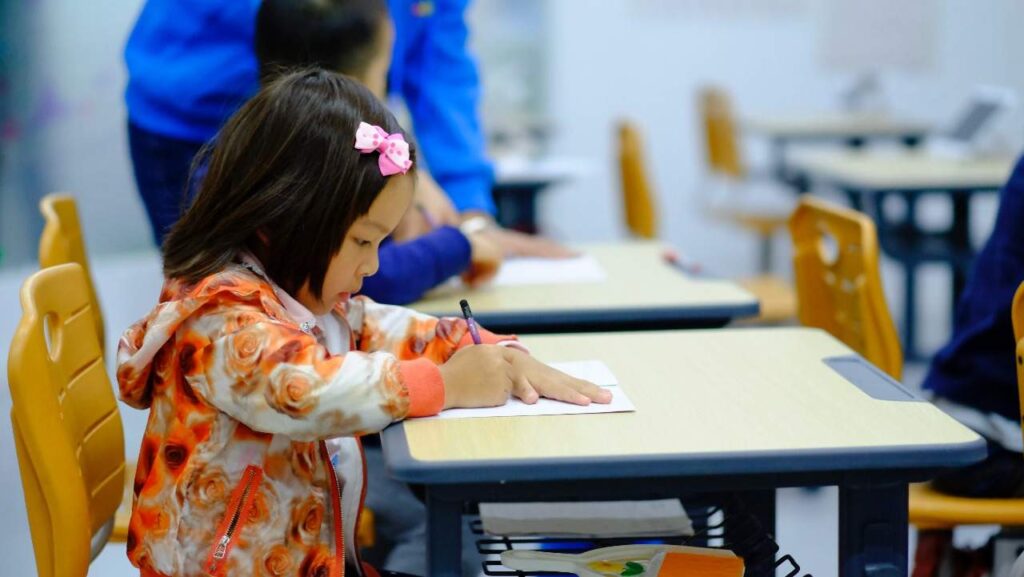
What Are the Responsibilities of Special Education Teachers?
Special education refers to individualized education provided to students with physical and mental limitations. Special educators are educated in specific disabilities such as learning difficulties, speech or language impairments, vision impairments, and so on. Responsibilities of Special Education Teachers.
Students with learning, mental, emotional, or physical challenges are served by special education teachers. They modify general education lessons and teach individuals with mild to moderate disabilities a variety of disciplines. Students with significant disabilities are also taught fundamental skills.
The word “inclusive education” refers to a system that includes everyone, regardless of differences or impairments, in the educational process. Children with varied degrees of disability can now learn while remaining in a class with other pupils, thanks to the tireless efforts of all levels of instructors and other teaching associates.
Special education teachers must play critical responsibilities in order for inclusive learning to be a success. The primary goal is to create a learning environment that is not just integrated but also personalized. The time hopefuls spend in special education teacher training teaches them the ins and outs of the system.
SPECIAL EDUCATION TEACHERS’ CHARACTERISTICS
- Patience
- Empathetic
- Resourceful
- Collaborative
- Communicator
- Service Oriented
WHAT EXACTLY ARE THE ROLES?
- Instructing Students In The Classroom
Any inclusive classroom can use any teaching model, such as the push-in model or the co-teaching model. But whatever the case may be, the outcome is only fruitful when the directions are clear and understandable.
These teachers’ responsibilities include everything from planning one-on-one lessons to scheduling therapy sessions with speech therapists or other specialized specialists such as counsellors. Assistance and instructions are essential in all of these setups.
A special education teacher must collaborate with general education teachers for this to be successful. If necessary, teachers can divide a class into smaller chunks and manage them more effectively. This would help ensure that the students’ participation opportunities are more meaningful.
- Making Learning Curricula
An inclusive classroom is one in which pupils are not discriminated against. At the same time, SPECIAL TEACHERSteachers must guarantee that the curriculum they provide allows every student to participate actively. In layman’s terms, the impairments must be taken into account.
Supplementary learning resources are required. It should not be limited to words or images. The curriculum should be manipulative, technologically based, resource-oriented, and so on, which will surely assist students, particularly in a one-to-one learning format.
Another role of teachers when constructing curriculum is to consider the students’ strengths and limitations. They will be able to accomplish the previously established targets in this manner.
- Evaluation Of The Learning Process
A special education teacher must also evaluate the lessons and the children’s progress. This will assist them in determining how far or close the pupils are to reaching their objectives. Lesson evaluation is required on a regular basis.
Through the organisation of IEP meetings, special education teachers should aim to assist the students with these evaluations. The next measures to take will be revealed as a result of this. Evaluation will reveal whether any changes to the course or curriculum are required.
- Assisting As Advocates
Teachers should serve as advocates for special needs children. Teachers will ensure that all levels of management understand the value of inclusive education and demonstrate their understanding. Not only must the youngsters attend the lessons, but they must also engage in all other campus events.
While doing so, teachers should maintain an open line of communication with the children’s parents. Parents and families can be more involved if they receive regular feedback and updates on their children’s development—physical, emotional, cognitive, social, and so on.
These are the most significant and visible roles of a special education teacher. Choose a reputable teacher training course if you want to work as a special education teacher. Examine the features and facilities given by the course providers.
In schools where the general educational system is not yet inclusive, the function of the special educator is crucial; it can either lead to segregation inside regular schools or create inclusive policies and practises.
Visit The website of INSTITUTE OF TEACHERS TRAINING STUDIES (ITTS) to know more about teacher training programs.
